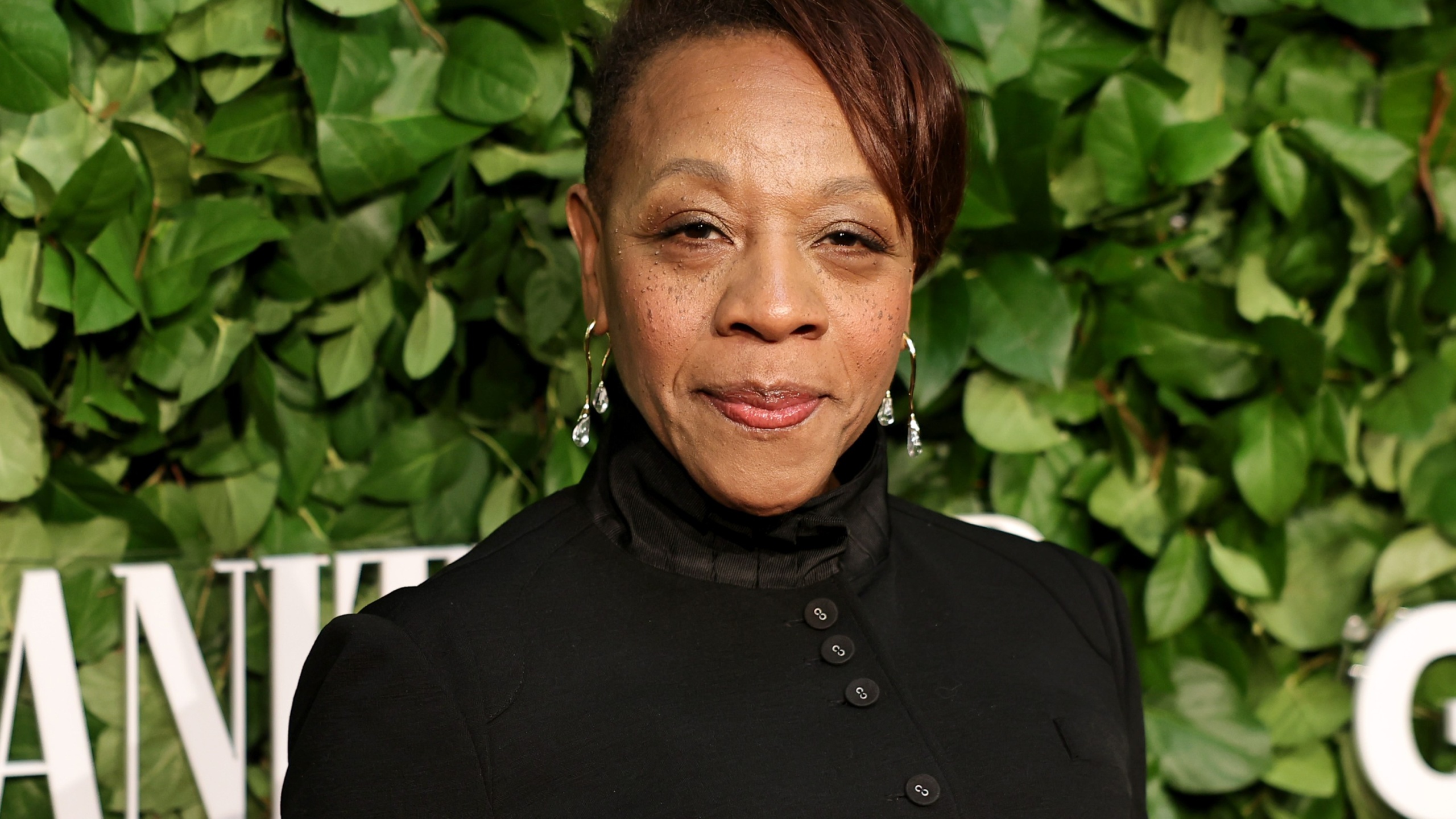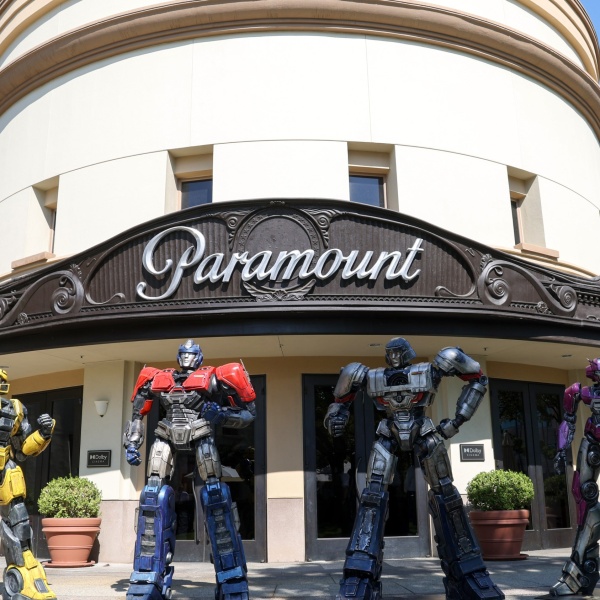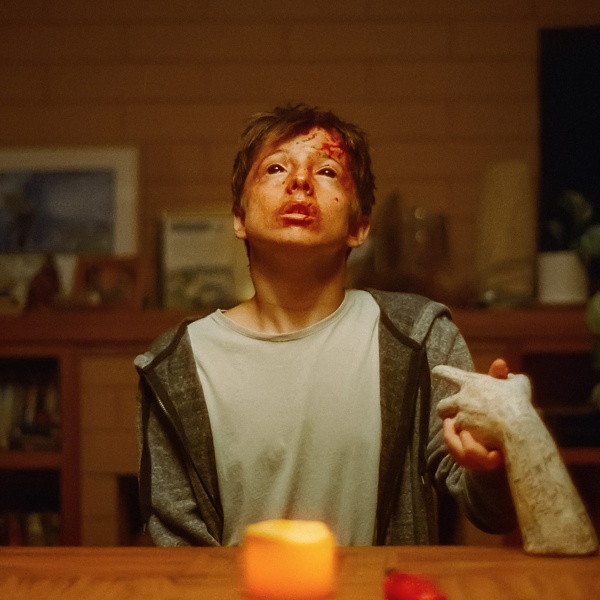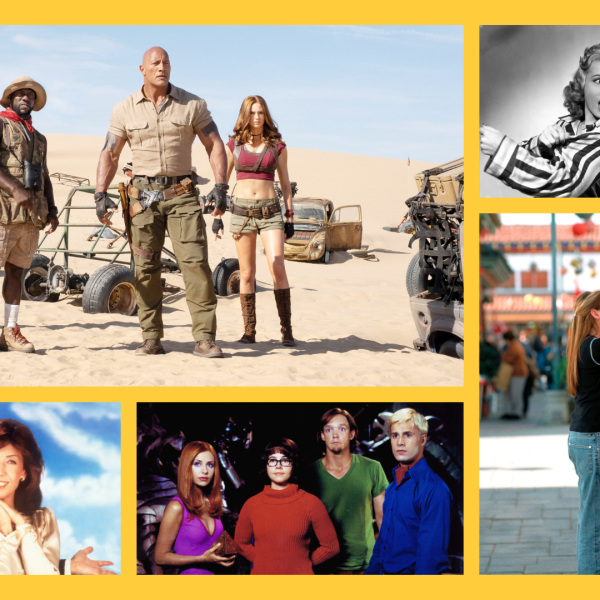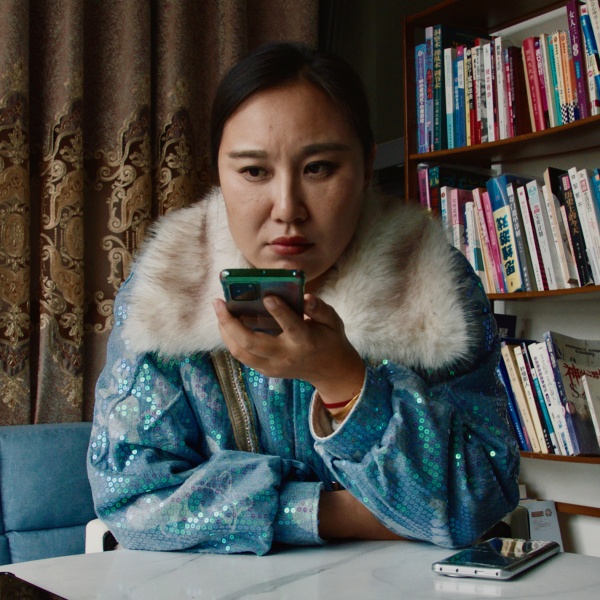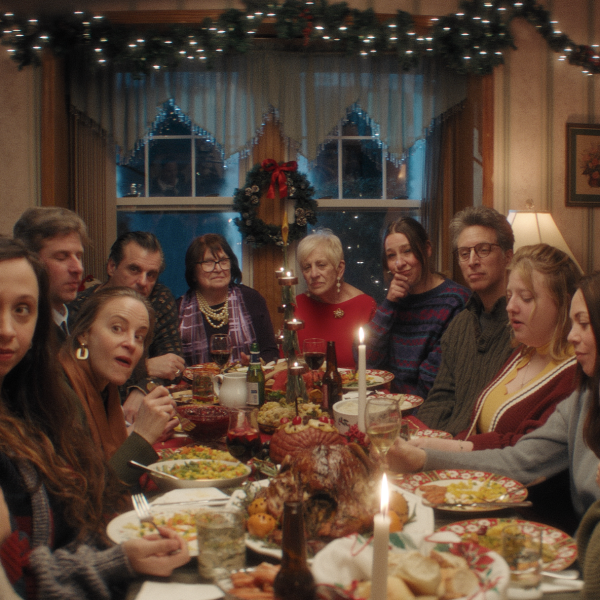If Marianne Jean-Baptiste doesn’t get an Oscar nomination for Best Actress for “Hard Truths,” then what the hell are we even doing here?
Her performance as Pansy — a depressed, middle-aged Jamaican-born Londoner who spews the hate in her heart on all the world — is a tower of acting. It’s a crowded field for Best Actress contenders this year: Mikey Madison, Karla Sofía Gascón, Nicole Kidman, Demi Moore, Angelina Jolie, Cynthia Erivo, and, of course, Jean-Baptiste, who did not score a Golden Globe nomination Monday for “Hard Truths.” It’s not a movie that feels very Golden Globes, which went more for flashier films and musicals over Leigh’s pared-down, five-character drama. The Globes are mostly journalists, after all, though the telecast is always good exposure for voters tuning in.
Whatever Jean-Baptiste’s awards fate, the actress who broke out with a Best Supporting Actress nomination in 1997 for Mike Leigh‘s Palme d’Or winner “Secrets and Lies” as a woman who discovers she’s half-white, is in top form as Pansy. Her pain and anger over a dead mother, the aftershocks of the pandemic, and the haplessness of her husband (David Webber) and son (Tuwaine Barrett), has turned her into a miserable woman who will not let anyone, even a supermarket checkout clerk who “looks like a piece of string,” forget how much she hates them.
A Mike Leigh movie, meanwhile, doesn’t start with a pitch. It starts with a phone call that begins, “Do you want to be in a Mike Leigh movie?” And you say yes. As the 81-year-old British writer/director typically asks his actors to build their own characters from the ground up, Pansy is entirely Jean-Baptiste’s creation — one based off people she knows or knew, and with a backstory so richly detailed that Jean-Baptiste, speaking to IndieWire about the film, said, “I could tell you what was in her cupboards or drawers.” That process also involves field work which, for Jean-Baptiste, meant riding the bus Pansy would’ve taken or looking and “cleaning, looking at and preparing cleaning products.” This was all in service of three months of rehearsals and two months of shooting, which were supposed to take place before the pandemic, but alas.

“Hard Truths” would be an excruciating aria of pain were it not for Marianne Jean-Baptiste’s deft channeling of caustic humor and rueful regret as a woman sick to death of life. And she’ll tell that to anyone who’s willing, or not, to listen.
IndieWire first spoke to Jean-Baptiste, who won the New York Film Critics Circle prize for Best Actress last week, at the 2024 New York Film Festival. I also moderated a Q&A for the Screen Actors Guild, where Bleecker Street hopes to score a nomination for Jean-Baptiste, though one for Michele Austin as her tolerant sister Chantelle is more than deserving as well.
This interview has been condensed and edited for clarity.
IndieWire: What’s the Mike Leigh process in your own words?
Marianne Jean-Baptiste: Basically, there is no pitch. The only pitch is, “Let’s work together again.” I know what the process is, so I know I am going in completely blind, that I have to turn up with a list of people that I know, and that we’re going to filter that list, and that we’ll get to two, three people, five in this case, and merge them, and that’s going to be the starting point of building this character. But there’s no, like, “It’s going to be about this sort of woman or that sort of woman.” Obviously, I got the kind of notion that, OK, she’s not going to be easy because you’re removing all the nice, pleasant, easy people from the list, and we’re being left with some kind of tricky characters. So I knew that but when you start building her, and you start giving her disappointments, you realize this is going to be very interesting.

What about Pansy’s backstory? How deep did you go?
Oh my god, I worked from — and all of the characters do, even the cashier in the supermarket does this process — Pansy’s first memory to the time that you see her in the film. It’s all mapped out. What then happens is Michele would come into the rehearsal space. She’s also doing that process, and they would sit together and work on a parallel history. Where they grew up, the house they grew up in, who were their neighbors, who lived across the street, what school did they go to, what was the bus route? Did they walk to school? Parents, grandparents, friends or no friends, education. I could tell you what was her in her cupboards and drawers. What jobs she’d done or what jobs she didn’t do. Then, David Webber [who plays Pansy’s husband] would come in and start again by making a parallel history. When did they meet? What happened, what date, where did they go? It’s very in-depth.
Who’s on the list of people Pansy is based on that you brought to Mike?
The people that Pansy was based on do not resemble Pansy at all. Once we have those people, who all have certain characteristics, we start to build somebody else from scratch. We do a really interesting exercise, where you’re up and moving and you merge the characters into one. It takes quite a while, like walking around in circles to try and do it, but once you do it and really feel that character in your body, [Mike Leigh] will say to you, “Alright, what’s their first memory?” So you start from scratch, imagining and building this new person. Mike then plays God, so any decisions we can make for ourselves as human beings, we as the actors can make for the character. Anything that’s out of our control, Mike makes [that happen]. He does all sorts of things. He made Pansy fail certain exams.

A lot of people have a Pansy in them. She’s not far off from tangible reality.
We do. We just shut her up. We just say, “You can’t say that. That’s mean, that’s rude. I’m a bad person for even thinking it about somebody.” She just doesn’t have the ability. She thinks she has the right to say what’s on her mind, and she says it.
Was it hard to wash Pansy offafter filming?
This one was different because we’re talking five months of building a thought pattern that nobody wants to have. Her voice was in the head. Also, she had a lot of anxiety, a lot of pain, and as I was explaining the other night, your brain knows that you’re pretending or that you’re not really doing this thing. You’re living it but also not, but your body doesn’t know that. Trying to get rid of that anxiety and sense of “somebody’s going to attack me, and I have to be ready,” that did take a while to get rid of that.
You’ve said that you wanted to tell a Black story where the characters aren’t responding to outside forces.
It’s just about a family living, and their relationships. Often, we are seen reacting to the world, to injustices, to racism. It’s just lovely to just be able to sit there knowing that you’re going to be traumatized because of something emotional or universal, not because of societal things. It’s very refreshing to be able to tell a story like that. Not that the other stories aren’t important, it’s just that we need a bit of relief in this way.
“Hard Truths” is now in theaters from Bleecker Street.
